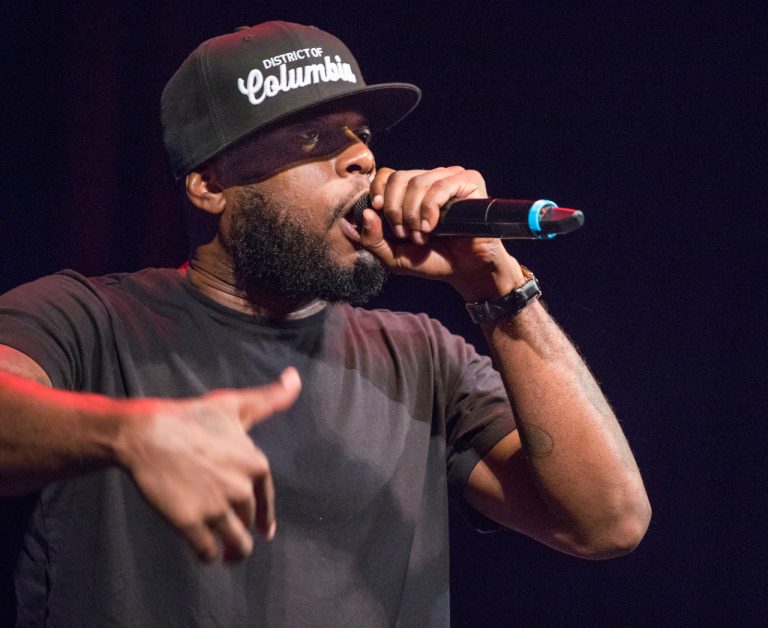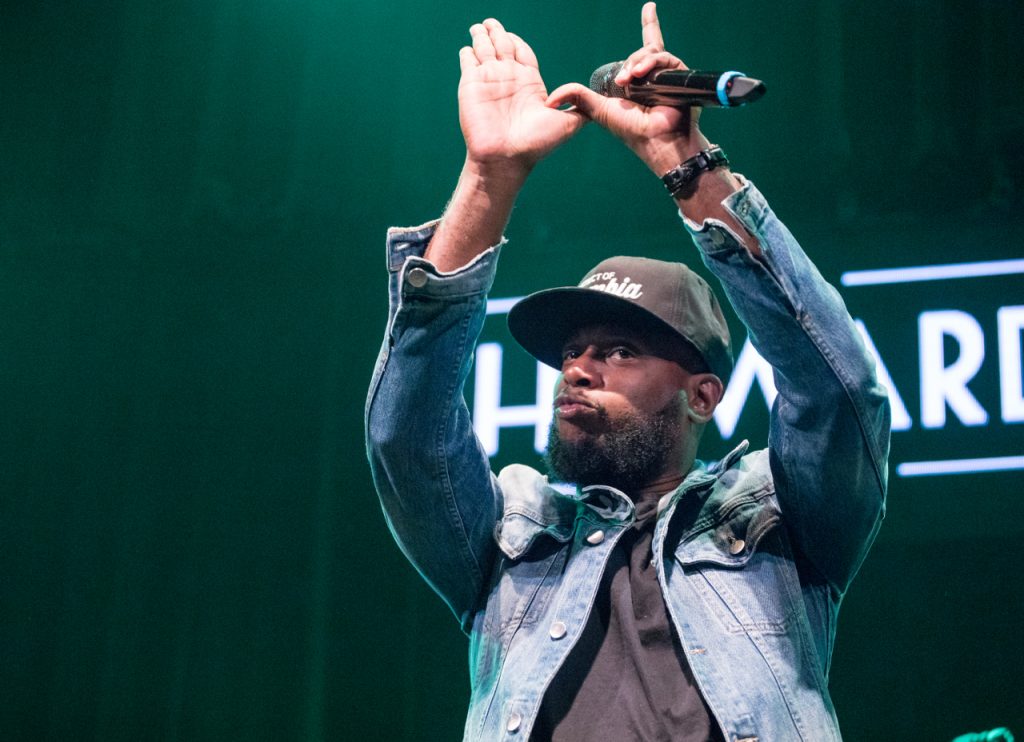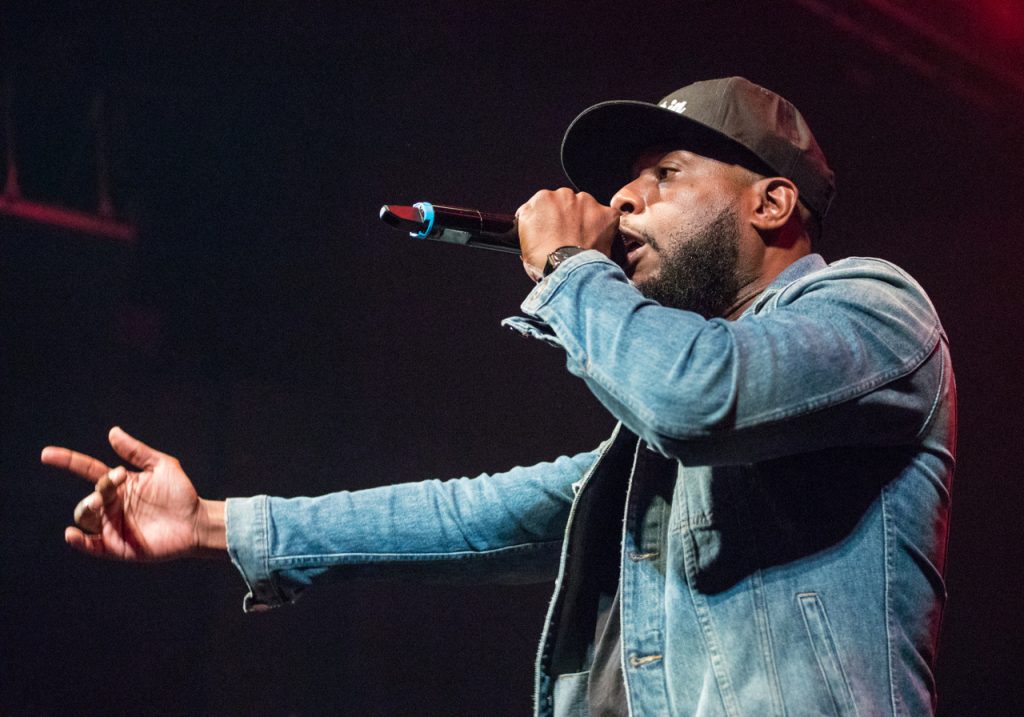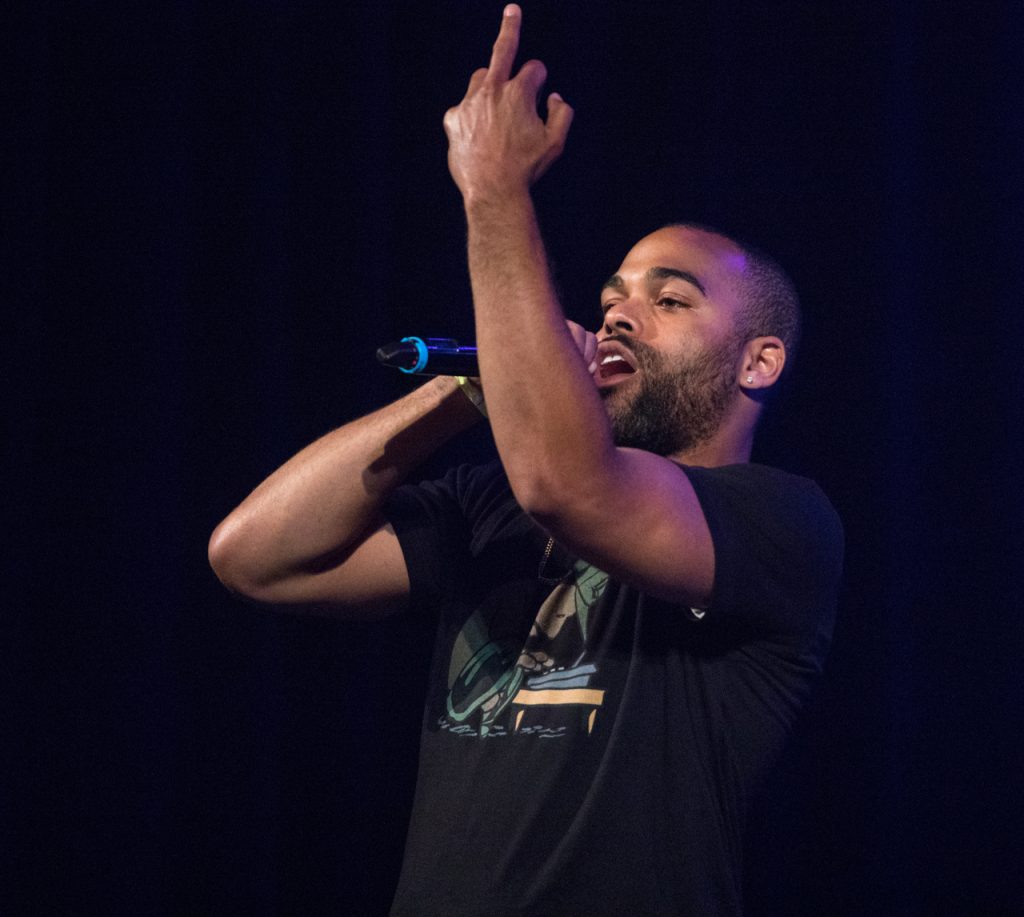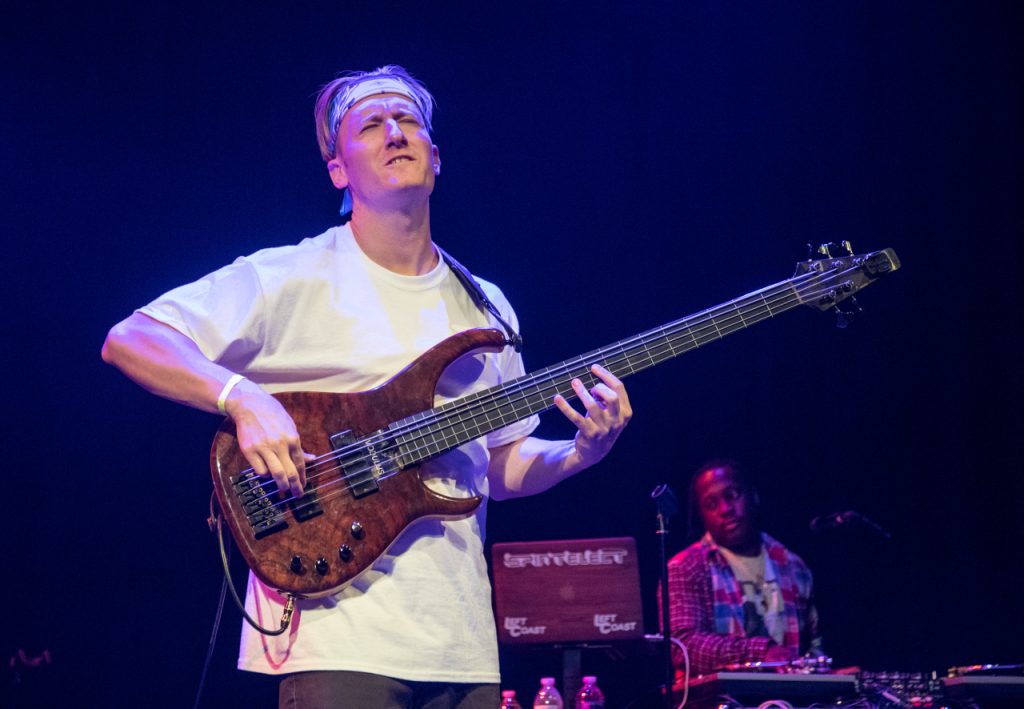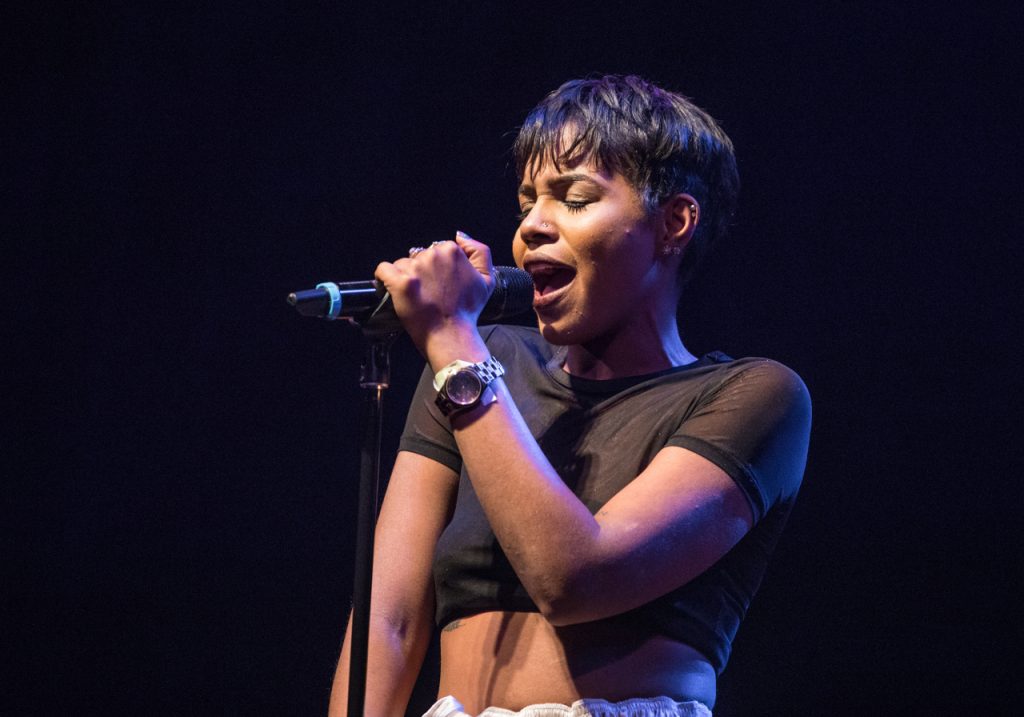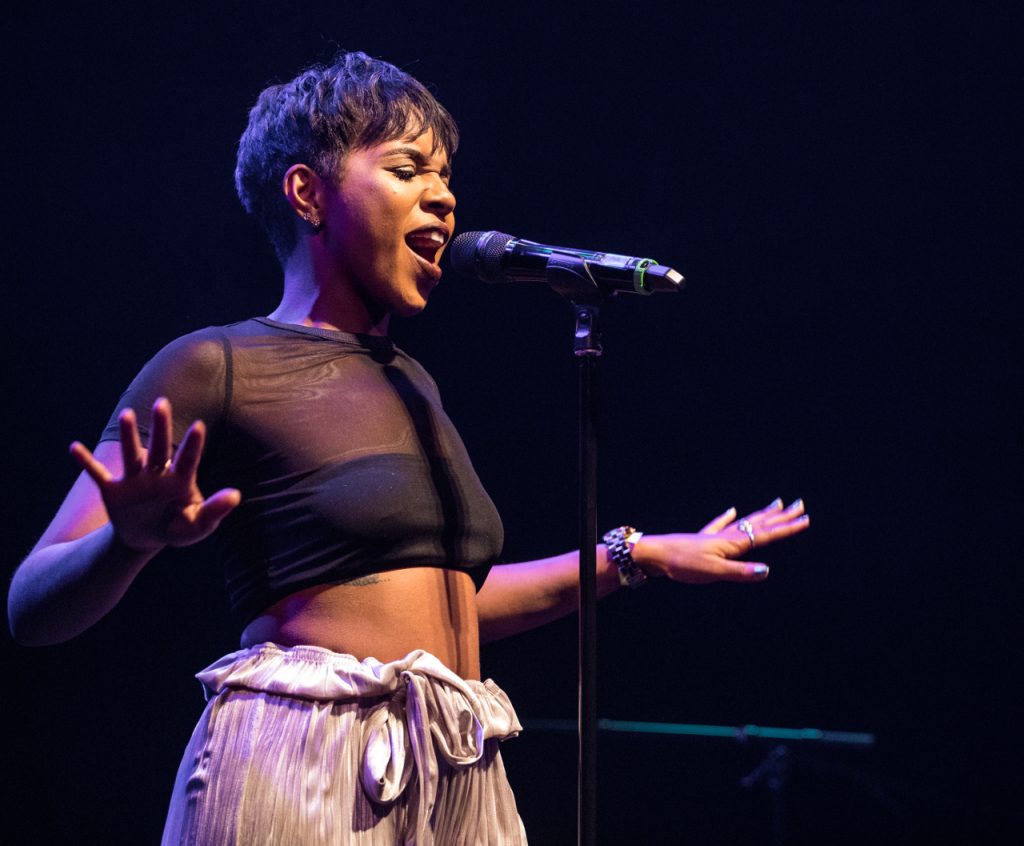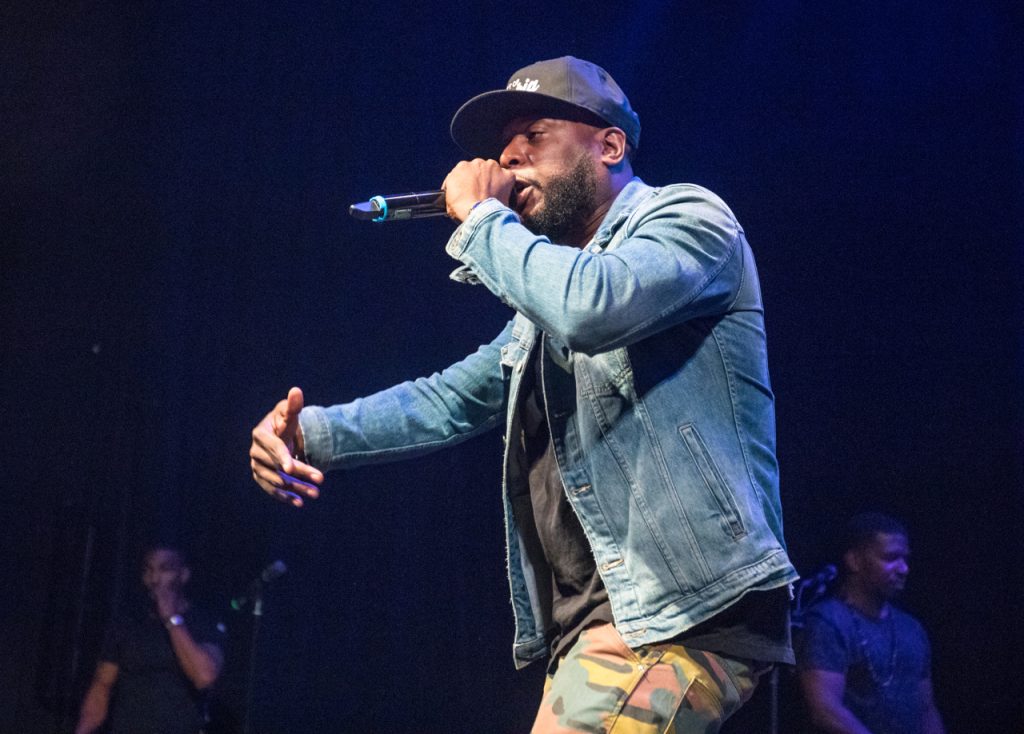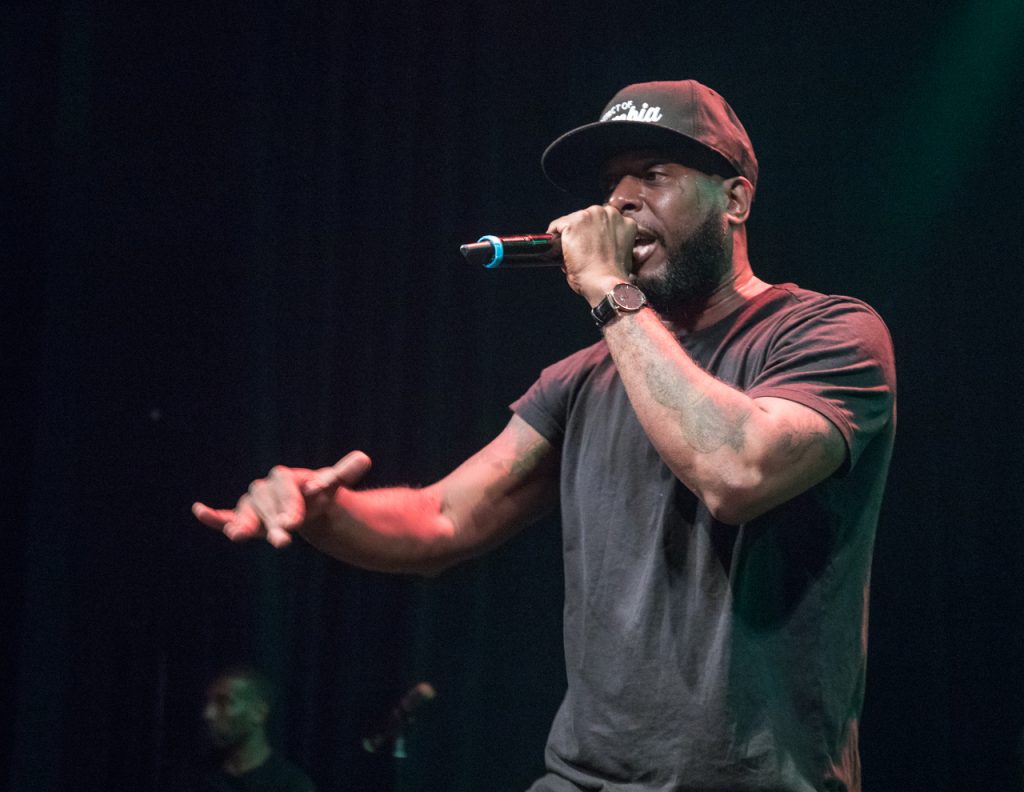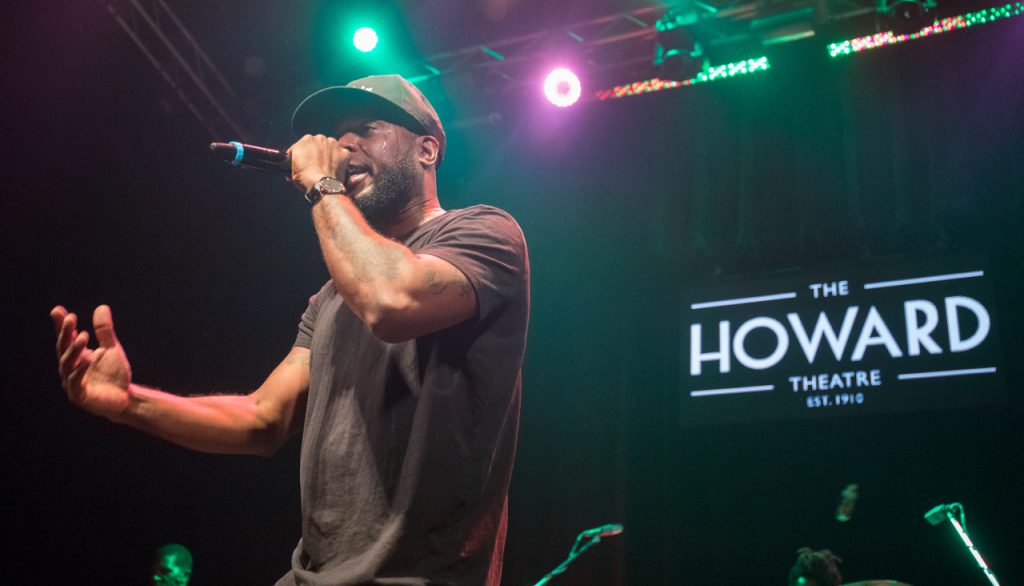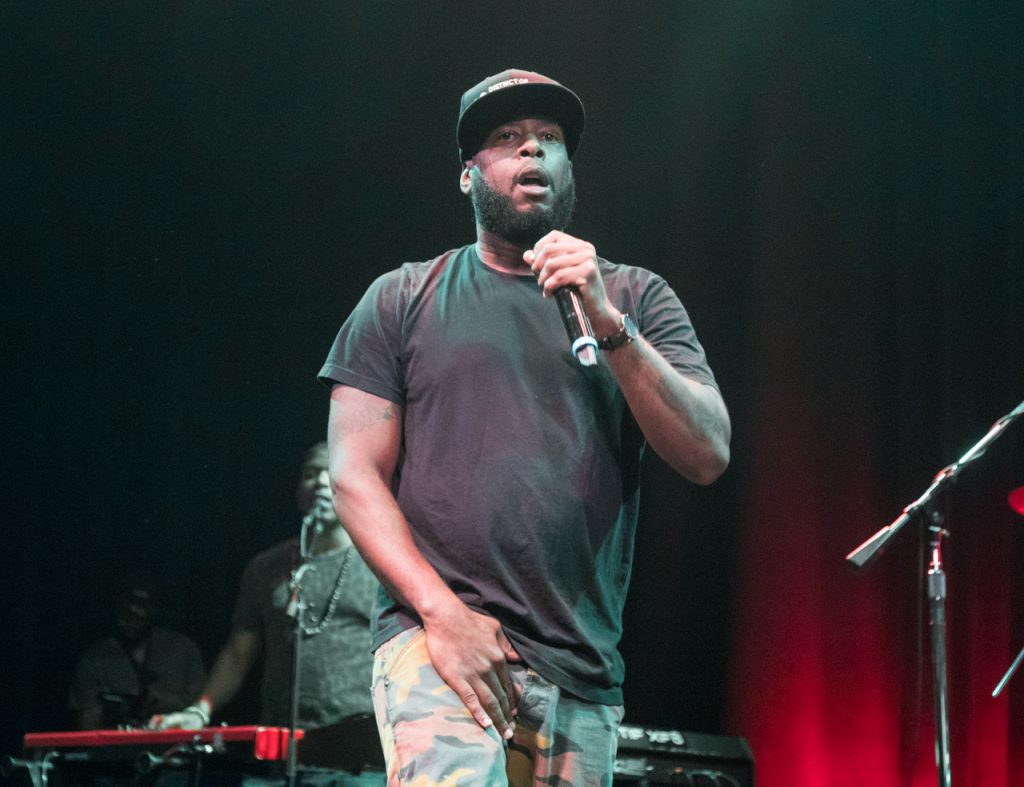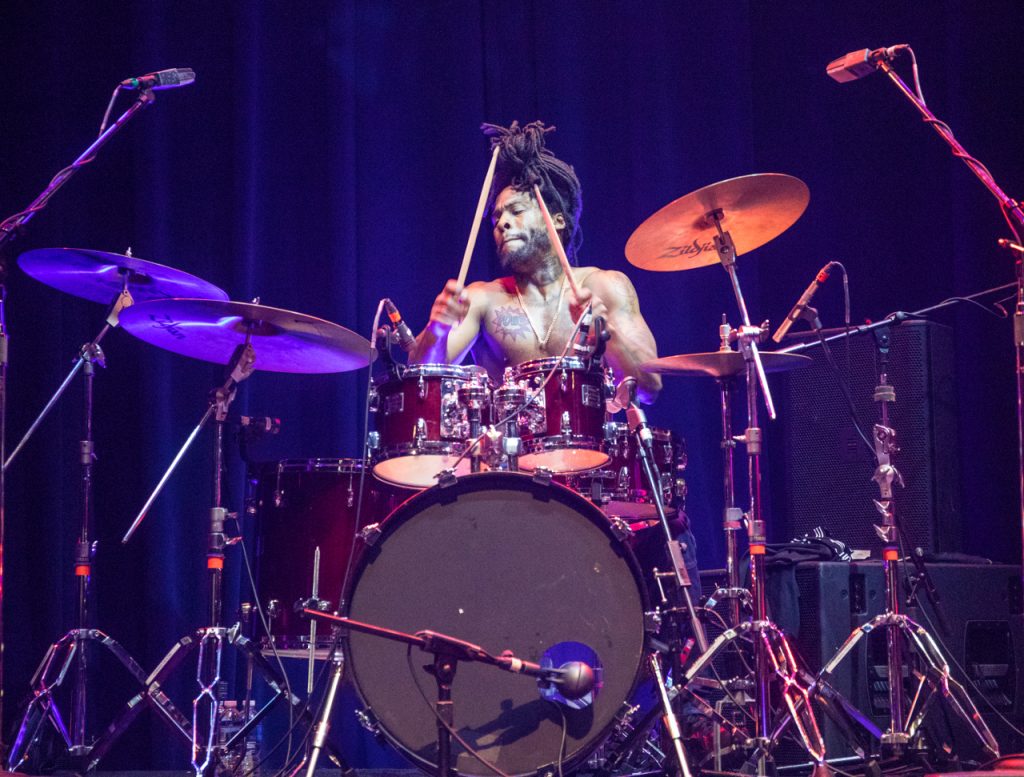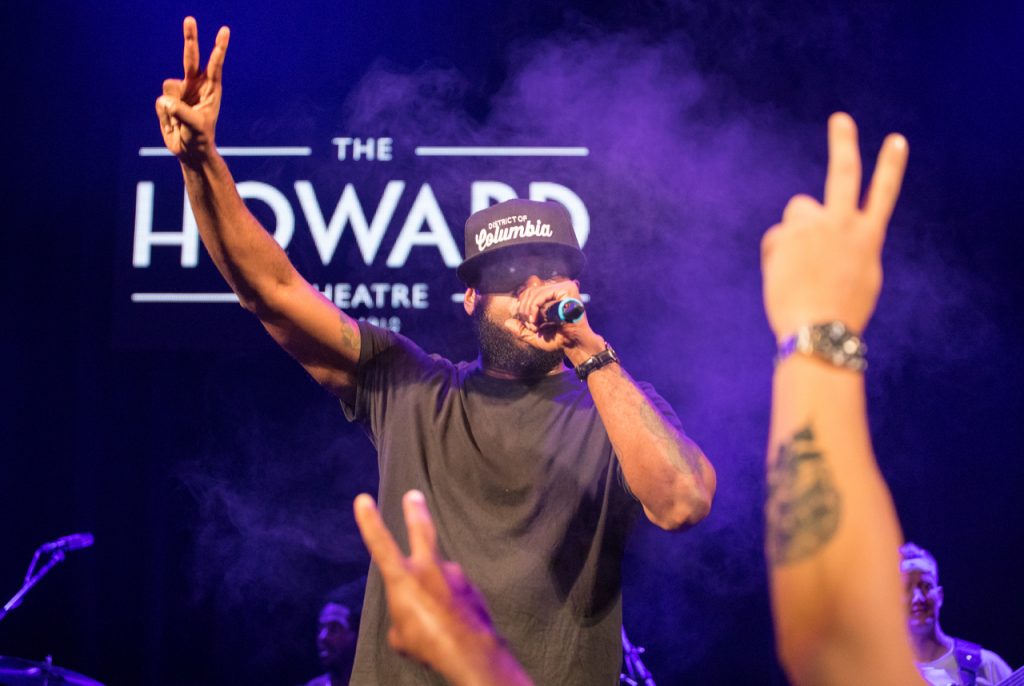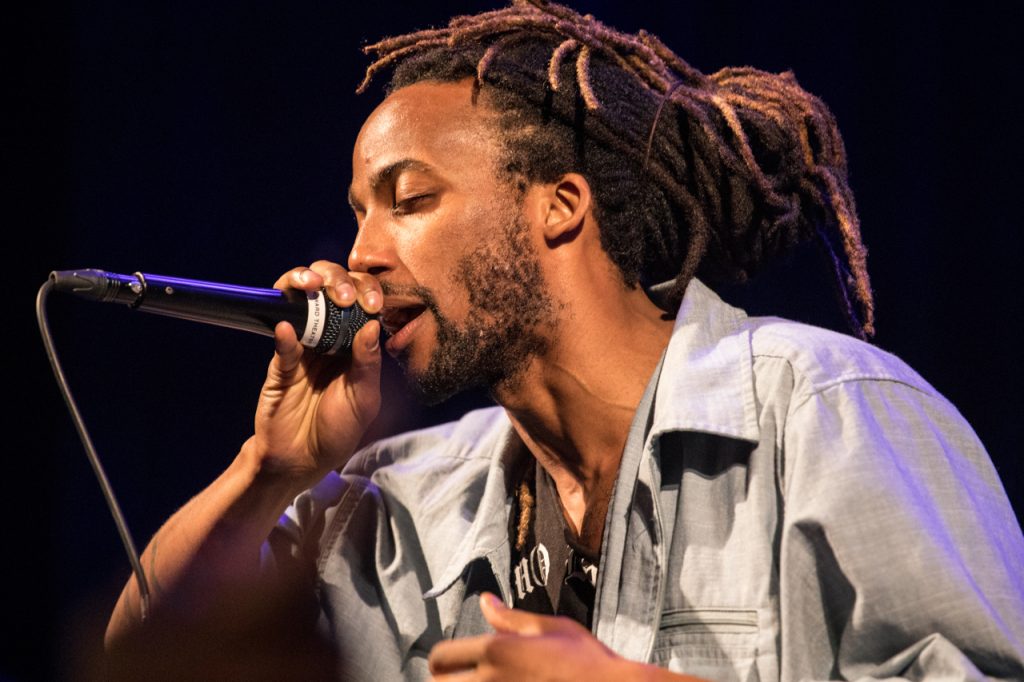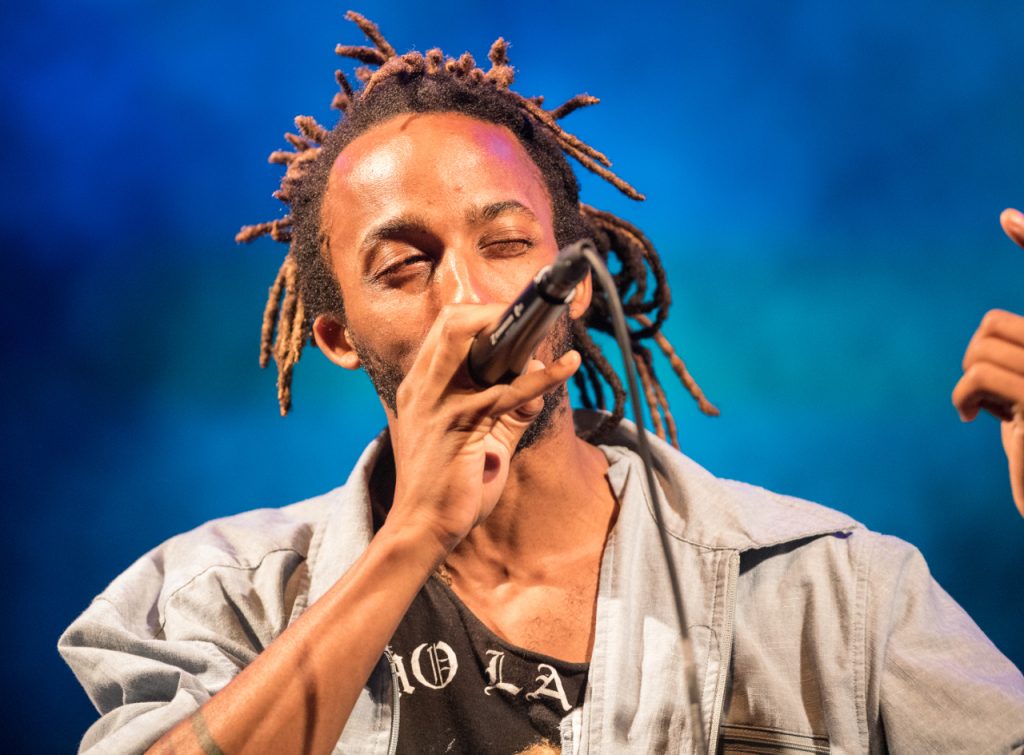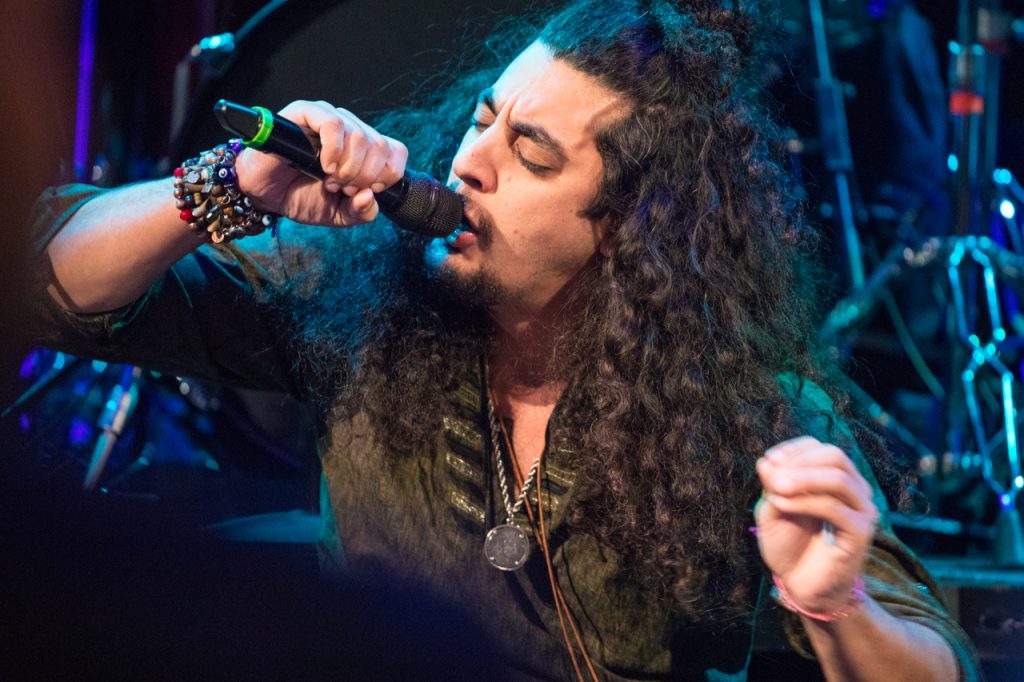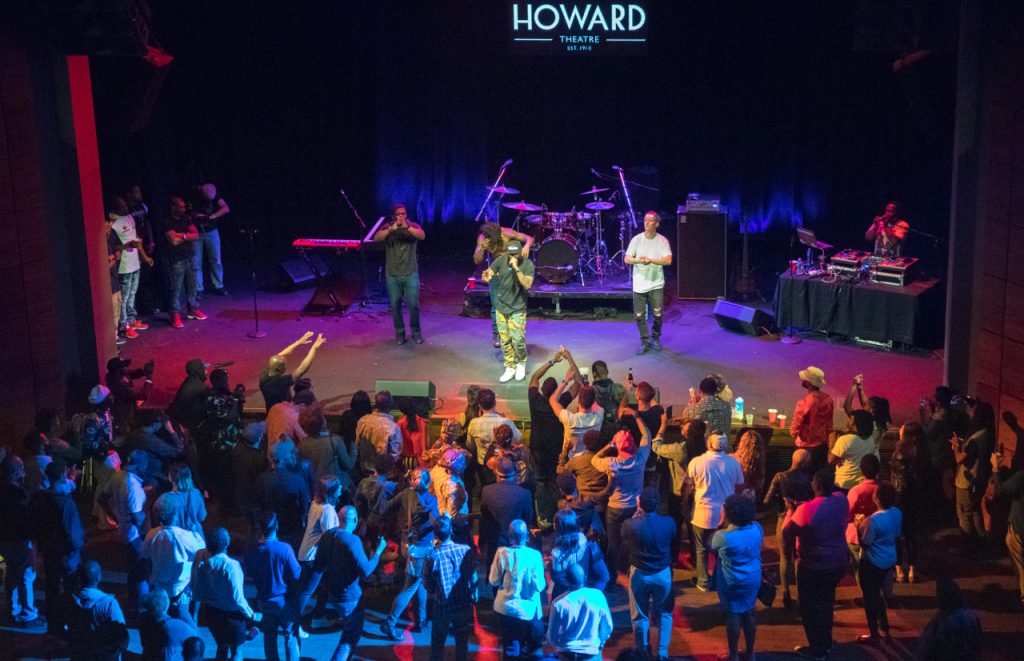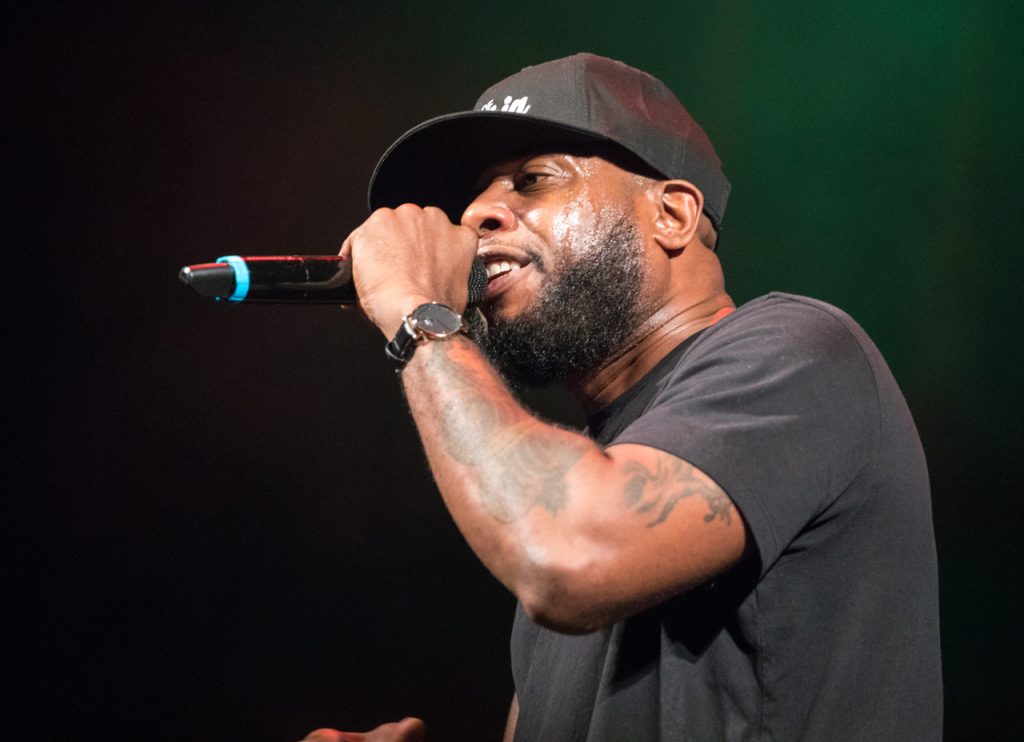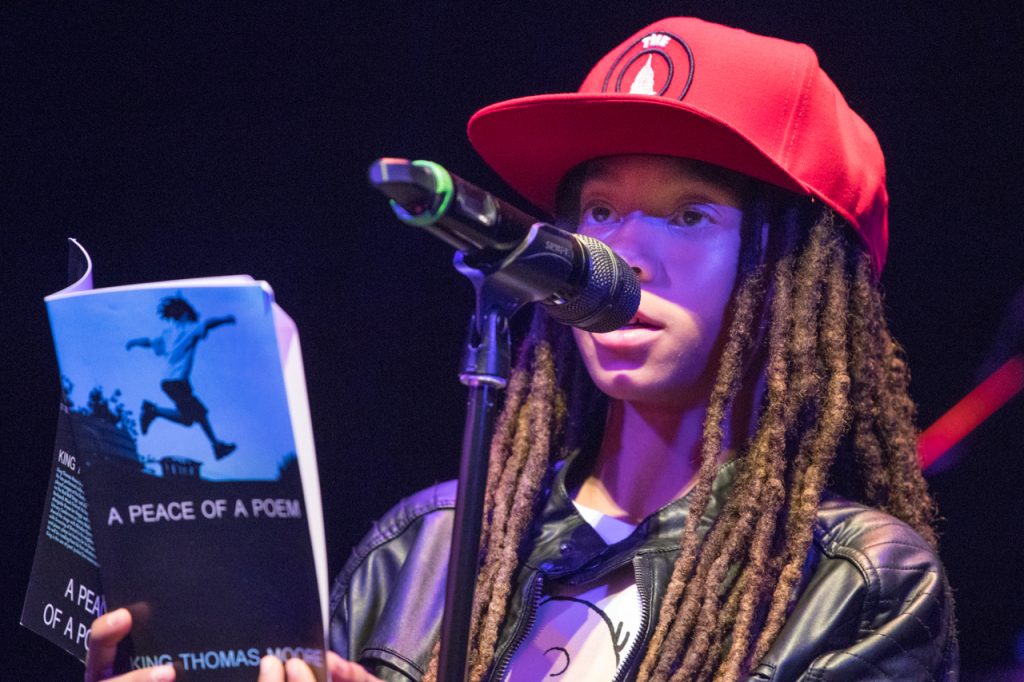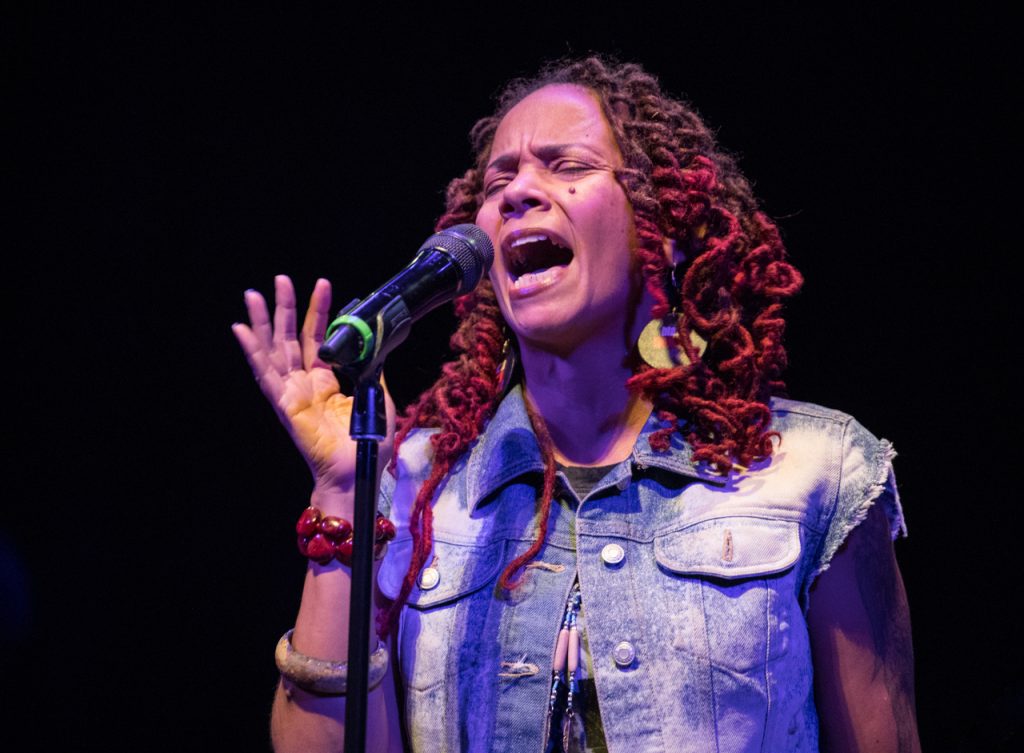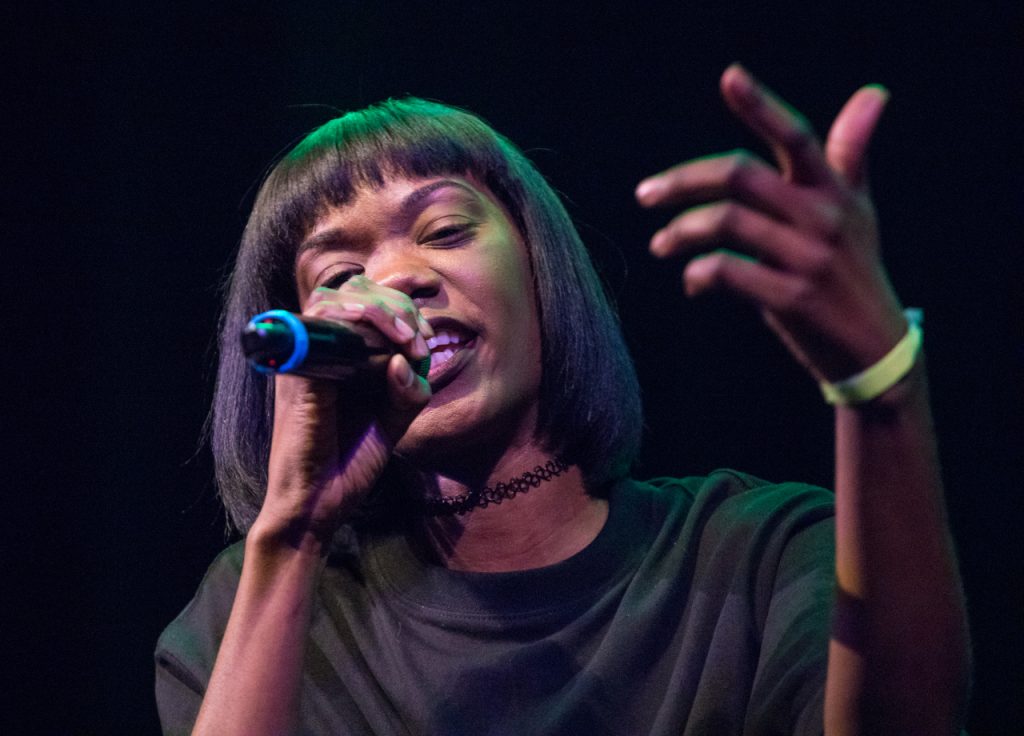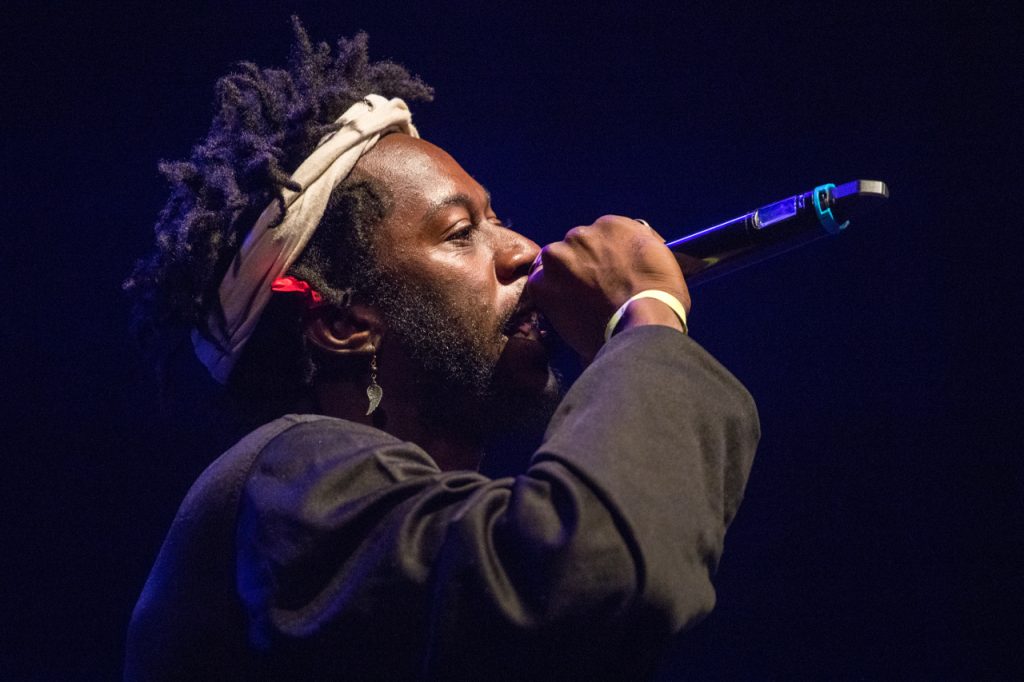This story was originally published Sept. 7, 2017.
By Roberto E. Alejandro, editor-in-chief
The Roots’ 1999 classic Things Fall Apart opens with an audio excerpt from Spike Lee’s Mo’ Better Blues, in which the characters played by Denzel Washington and Wesley Snipes are discussing the current state of Jazz culture.
“We don’t even come to see our own, man,” laments Washington’s character, going on to say that it pains him to see a lack of Black support for Jazz music, suggesting a lack of appreciation for one’s heritage and culture.
If Talib Kweli’s show at the Howard Theatre in Washington, D.C., on Sept. 1, is any indication, the same lament might be made of the current state of Hip-Hop culture and its fan base.
The event was billed under the heading of “Sunkissed Sundown,” “organized” by a coalition of activist groups, and “promoted” by Ticketmaster. The doors opened at 6 p.m., and what proceeded over the course of the first six hours of the night was, if one felt compelled to be generous, an absolute mess.
The DJs (Topcat and Native Sun) who kicked off the event, and whose set lasted the first two hours and forty-five minutes before curtains raised and a performer took the stage, played maybe a handful of Hip-Hop songs. At a Talib Kweli show. They did so to an almost entirely empty room, which seemed to have more vendors than members of the paying public.
At 8:45 p.m., the show’s hosts, Droopy the Broke Baller and Dwayne B the Crochet Kingpin of D.C.’s Spit Dat open mic, performed a parody of Watch the Throne’s “Niggas in Paris,” before bringing up the night’s first real act, Prince George’s County, MD’s, Odd Mojo, an emcee who had recently released her first mixtape, titled 94.
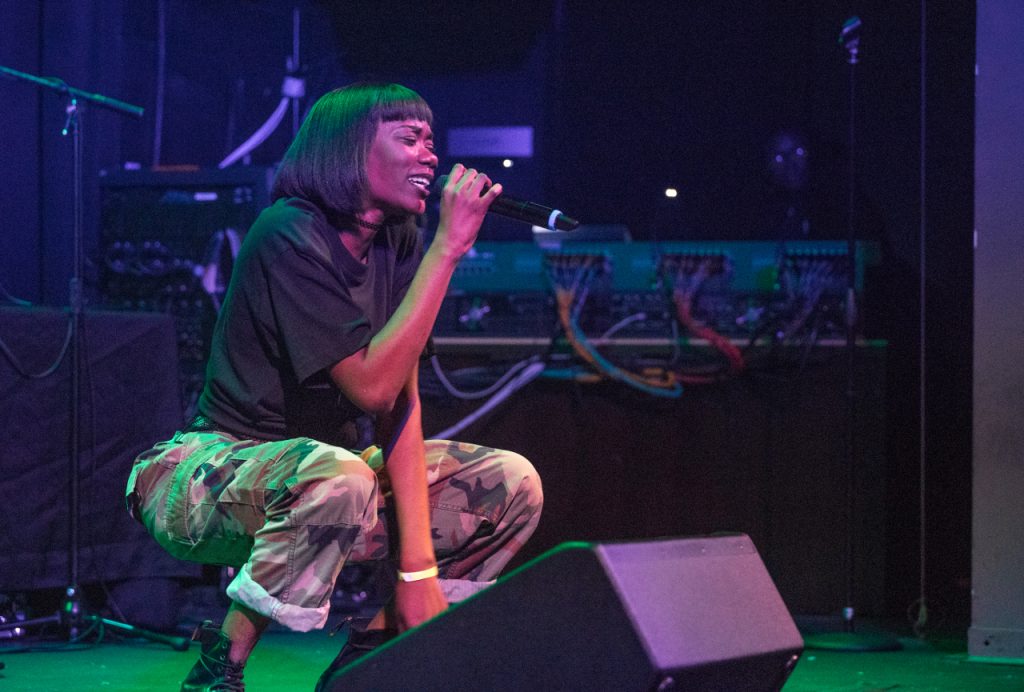
Dressed like she had just exited a DeLorean that had spent the last few days traversing the year 1994, and sounding like she was raised by Red Man’s Dare Iz a Darkside, Odd Mojo performed a number of songs to classic early 90s Hip-Hop beats to a crowd of about 6 people. In a venue with an approximately 1200 person capacity, it almost felt as if some kids had broken in and the more outgoing amongst them were now mock performing for their friends.
This was unfortunate, because Odd Mojo did not put on a poor set, and she could definitely emcee. With a headliner like Kweli, this should have been an opportunity to present her art to a broader public. But as is all too common at Hip-Hop shows in 2017, the audience was made up mostly of media, the other artists on the bill, and a handful of friends of those artists.
By the time the night’s second act, Sir E.U., hit the stage, the crowd had swelled to 10 people. In an attempt to bring some energy to the arena, Sir E.U. came down from the stage and moved around the crowd as he performed. Not a bad move-the-crowd technique, but hardly enough in a 1200 person venue 1190 persons under capacity.
The night’s third act, the duo Kinfolk, had a jazzy sound reminiscent of the Black Eyed Peas’s first album (before they added Fergie and became a pop group). Kinfolk performed for a group mostly made up of their own friends, and they seemed visibly perturbed by the lack of an audience. Sure, Kinfolk are not well known artists with massive followings. But they were good emcees performing at a Kweli show, that no one had come out to support.
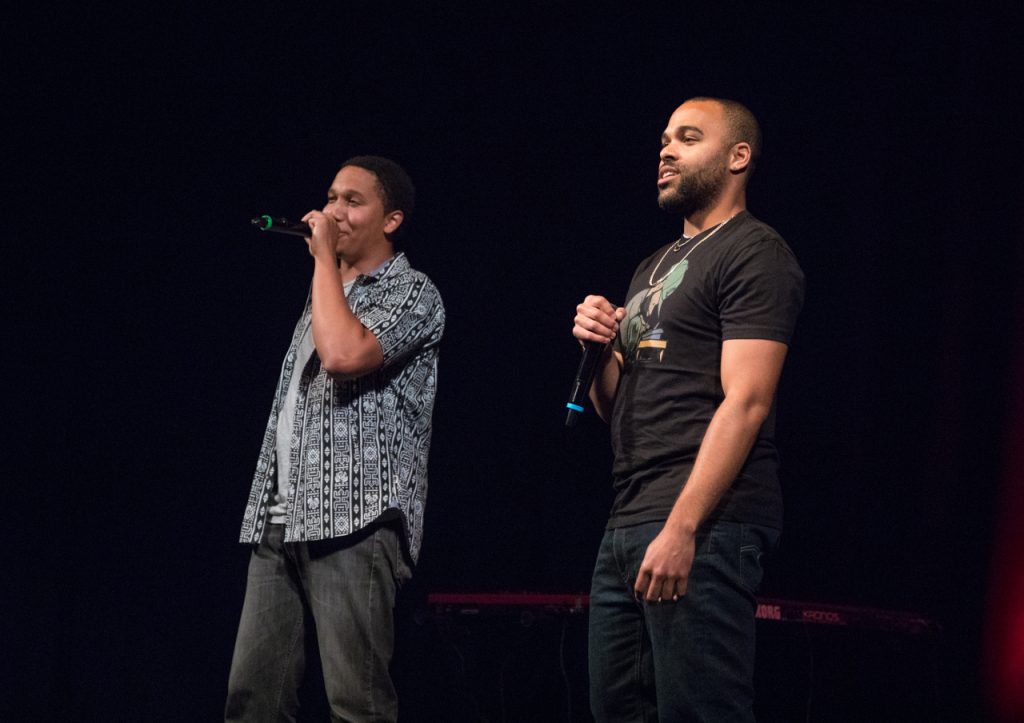
Kinfolk’s set was followed by what seemed like an unplanned DJ intermission that was announced as just one song before the next act took the stage only to go on for over an half hour. When the night’s hosts came back to the stage, Crochet Kingpin asked the obviously conscious crowd whether they had ever heard of ‘environmental racism,’ before bringing two members of the Energy Justice Network onto the stage for a poorly prepared, rambling explanation of what environmental racism was and how it impacted places like D.C. and neighboring Prince George’s County.
The Energy Justice Network was not the only activist group to take the stage and speak about their work, but it was obvious that the audience did not consist of concerned citizens wanting to find out how they could fight the power, but mostly made up of folks who had come to see one of their friends perform that night. At this point, the lack of a crowd, and the rambling discourses about what the different activist organizations did, emphasized the atrophied state of the activist left in America, and especially in communities of color. The activists, as usual, were speaking to themselves (after all, there was nobody there), and had failed to motivate anybody who did not already adhere to their worldview to join them.
Of the other artists or activists who took the stage before the headliner, vocalist Alex Vaughn deserves mention. Too bad her keyboard failed. And later her microphone. Needless to say, the last thing this evening needed were technical difficulties.
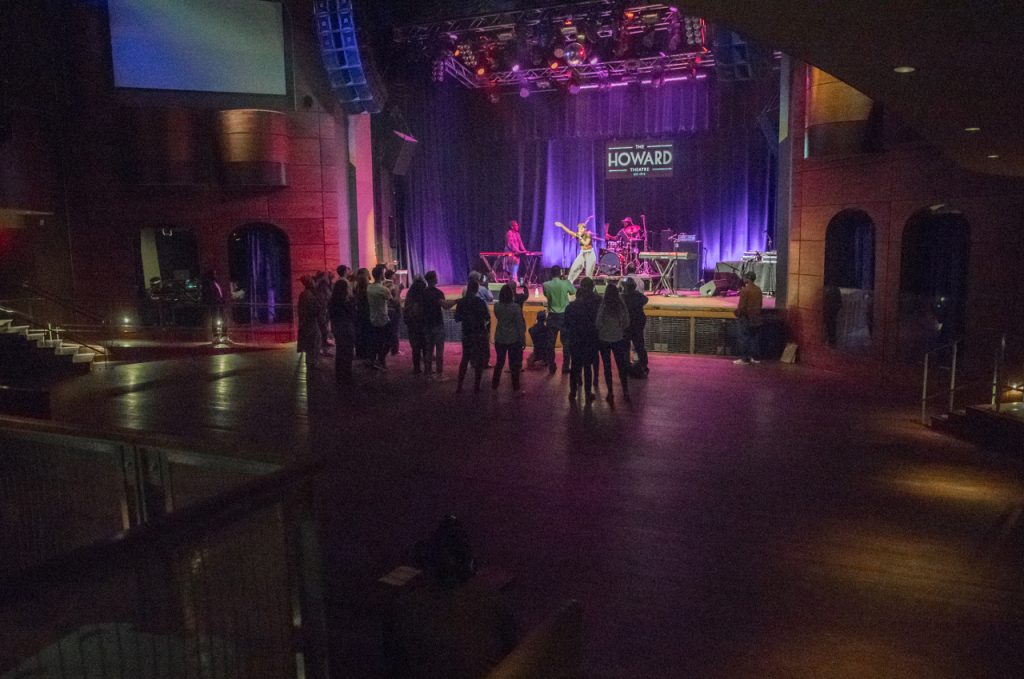
By the time Kweli took the stage shortly after midnight, six hours of standing around a surreally empty room had largely zapped the Howard of energy. To his credit, Kweli still took the stage (a matter of debate as the night wore on and the house remained empty), and still put on a show, even doing a choreographed dance with his band to the Jackson 5’s “I Want You Back” (the bass solo by Brady Watt may have been the evening’s high point).
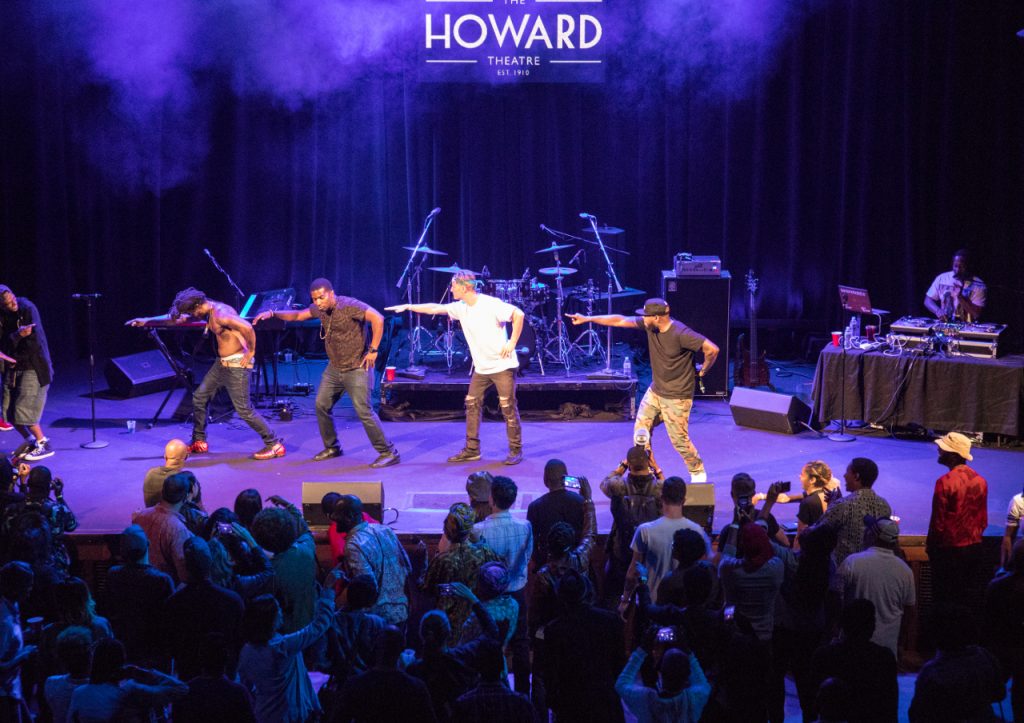
But no one was there. On stage was a prominent public intellectual and one of Hip-Hop’s most accomplished emcees, playing to a largely empty Howard Theatre, housed in a historically chocolate city’s famed U-Street corridor. The night was filled with acts that, even if unknown, were of high enough quality to at least deserve an audience, especially when one so often hears complaints about the lack of “substance” in rap music, or lack of appreciation for “the culture,” from Hip-Hop fans.
“We don’t even come to see our own, man,” lamented Denzel Washington’s character from Mo’ Better Blues.
. . . But hey, at least we got these great photos, taken by StayUp.News senior video director and photographer Jack M. Angelo:
StayUp.News documents poverty in America through Hip-Hop, amplifying unheard voices in a language all their own. But we can’t do it without you. Support this important mission:

